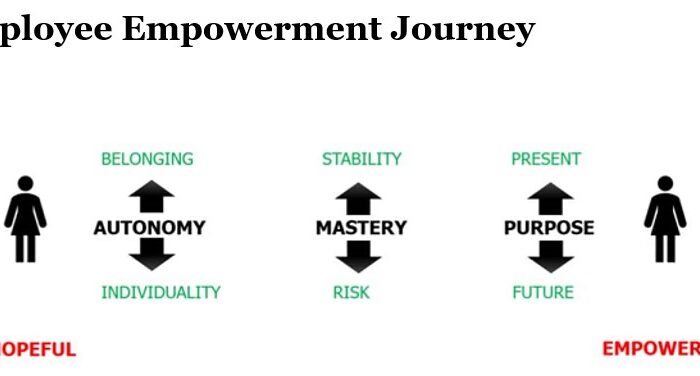How do Company and Business Values Differ? In Blackboard Fridays Episode 127, Jacob talks about Commercial Vision and Culture. Need this implemented into your business? Talk to the international business advisor who can do exactly that – Contact Jacob, Learn More, or Subscribe for Updates.
Who is Jacob Aldridge, Business Coach?
“The smart and quirky advisor who gets sh!t done in business.” Back independent since 2019.
Since April 2006, I’ve been an international business advisor providing bespoke solutions for privately-owned businesses with 12-96 employees.
At this stage you have proven your business model, but you’re struggling to turn aspirations into day-to-day reality. You are still responsible for all 28 areas of your business, but you don’t have the time or budget to hire 28 different experts.
You need 1 person you can trust who can show you how everything in your business is connected, and which areas to prioritise first.
That’s me.
Learn more here. Or Let’s chat.
Transcript
Often we get asked to help people with a valuation. But it’s very important to understand whether we’re talking about the valuation of business or valuation of the entity, or more specifically in this situation, the valuation of a company.
Now the valuation of a business itself can also be different depending on what is actually being traded. So commonly the valuation of the business will include things like the goodwill, the plant and equipment, the inventory, anything necessary for the continued operation of business.
Technically, from an accountants perspective, the business valuation also includes those working assets, those working assets and liabilities. So the things like the debtors net of your creditors, things like you leave entitlements and those types of things. So technically they are usually included within the valuation of a business as such. But you might be buying a business or you might be selling a business and you might specifically only be selling some of those particular assets from within that business valuation.
To determine the company value, though, we need to add on any asset which is surplus to the business requirements. So that typically will include things like cash, so cash that you have in reserve that is in excess of the normal working requirements of the business.
You may also have other assets which are not business related which you hold within your entity. For example, you might own a property or something like that within the company. We then need to deduct from that total the amount of any debt within the company.
Now the the most common debt would be the bank style debts, but it would also include things like any tax debts. Those sort of things need to be adjusted whenever you are transacting with a company, in particular the shares within a company, to the precise date that you are doing that transaction, because one day can make a do big difference as to whether there is a tax liability or there isn’t.
So to determine the company valuation, we need to first work out the business value, add on any surplus assets that we have before we deduct any debt, and that will then give us our company valuation.
Now understanding the difference is the first step. It’s the most important step to understand what your ultimate value is going to be. But that is why often the business value might stay the same, irrespective of when you’re looking at it, but the company value might change because a week later you’ve incurred more tax liability, or a week later you’ve spent the cash that’s in the bank account.
So it’s an area that’s commonly misunderstood, so if ever you need some help to understand the difference or you need to understand the value of your business or your company, please don’t hesitate to contact us.
Next Steps
Want to learn more about how this can apply to your business? It costs nothing to chat:
- Email me jacob@jacobaldridge.com (I read them all)
- Call, Text, or WhatsApp me +61 427 151 181
- Or just Subscribe https://jacobaldridge.com/about/subscribe-to-jacob-aldridge-com/ to stay in touch





[…] Episode 127, How do Company and Business Values Differ? – https://jacobaldridge.com/business/how-do-company-and-business-values-differ/ […]